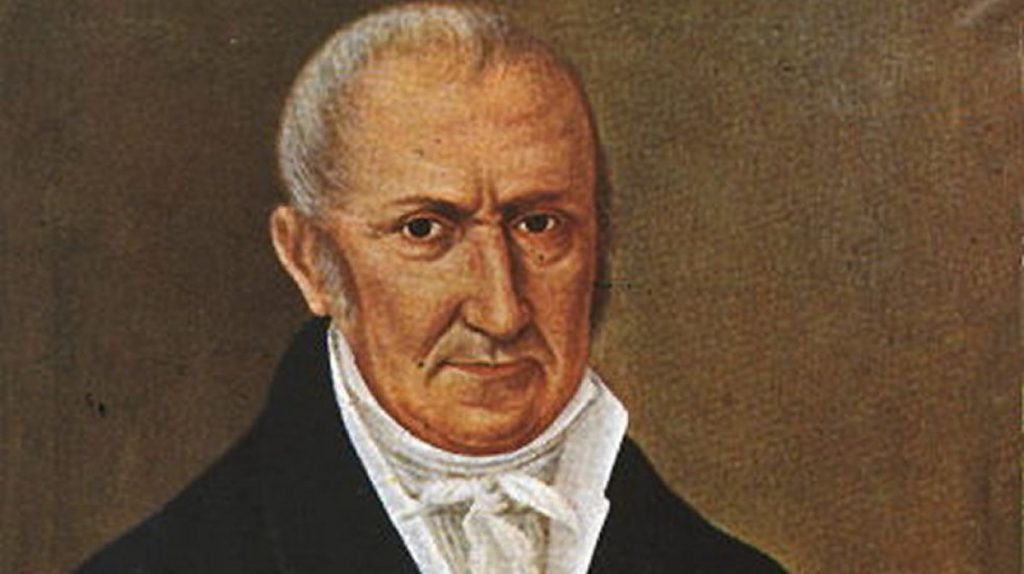Alessandro Volta (1745–1827) was an Italian physicist, chemist, and pioneer of electricity and power. He is best known for his invention of the electric battery, which he called the “voltaic pile,” in 1800. This invention was a significant breakthrough in the study and application of electricity.
Volta’s interest in electricity was sparked by Luigi Galvani’s experiments with frog muscles and electrical stimulation. Galvani believed in animal electricity, the idea that living tissue produced electricity. Volta, however, disagreed and instead proposed that the electricity came from the interaction between different metals and fluids.
To test his theory, Volta began experimenting with various metals and electrolytes. He stacked alternating layers of zinc, cardboard soaked in saltwater (the electrolyte), and silver or copper discs to create his voltaic pile. This device produced a steady electric current and was the first true battery, providing a reliable and portable source of electricity for experimentation and practical use.
Volta’s work laid the foundation for the field of electrochemistry and had far-reaching implications for technology, leading to advancements in fields such as telecommunications, metallurgy, and electroplating. In recognition of his contributions, the unit of electromotive force, the volt, was named after him.






